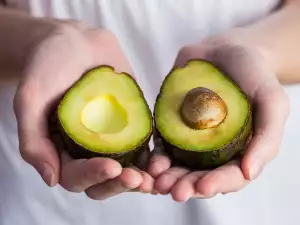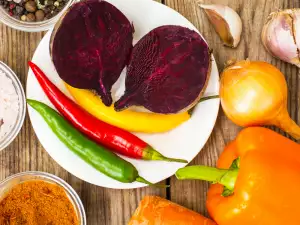Lemons are among the most popular citrus fruit in the world.
They grow on lemon trees and are a hybrid between the original lemon and lime.
There are many ways to enjoy them, but they taste very sour and are usually not consumed alone or as a whole fruit, but as an additive to the taste of ready meals, to dressings, or drinks.
Lemons contain mainly carbohydrates (10%) and water (88-89%). One medium-sized lemon provides about 20 calories.
100 g of peeled lemon contains
:29 calories;
1.1 g protein;
9.3 g of carbohydrates;
2.5 g of sugar;
2.8 g of fiber;
0.3 g of fat;
Lemons also provide a number of vitamins and minerals:
Vitamin C - A key vitamin and antioxidant, vitamin C is important for immune system function and skin health.
Potassium - A diet high in potassium can lower blood pressure levels and have a positive effect on heart health.
Vitamin B6 - participates in the conversion of food into energy.
Herbal compounds in lemons and other citrus fruit can have a beneficial effect on cancer, cardiovascular disease and inflammation. Here are the compounds and their benefits:
Citric acid - can help prevent kidney stones.
- Hesperidin - can strengthen blood vessels and prevent atherosclerosis.
- Diosmin - improves muscle tone and reduces chronic inflammation in blood vessels.
- D-lemon - the main component of lemon essential oils and responsible for the aroma of lemons.
- Eriocitrin - This antioxidant is found in lemon peel and juice.
And to make life sweeter, you can make lemon cake, lemon pie or homemade lemonade.



















Comments